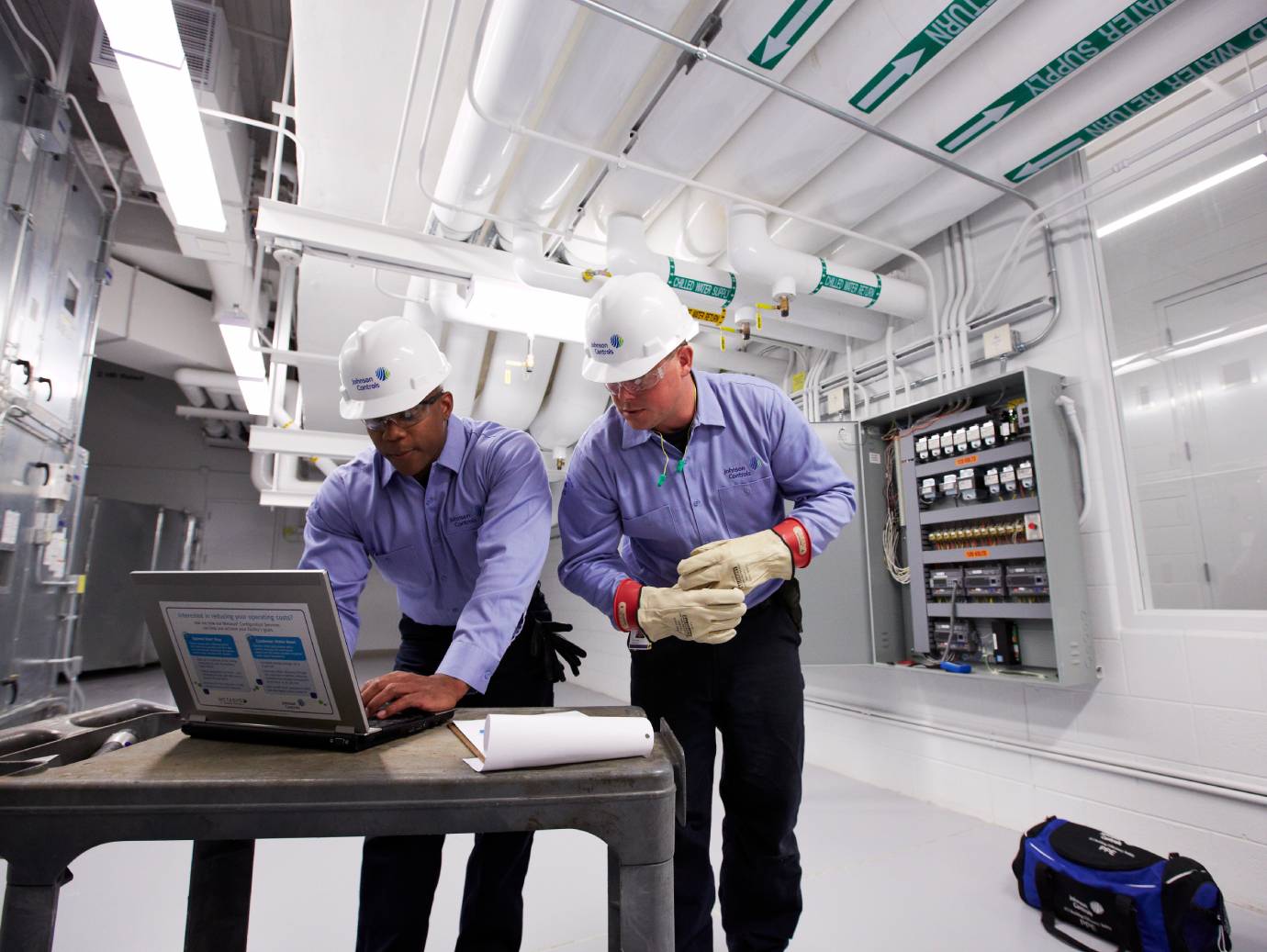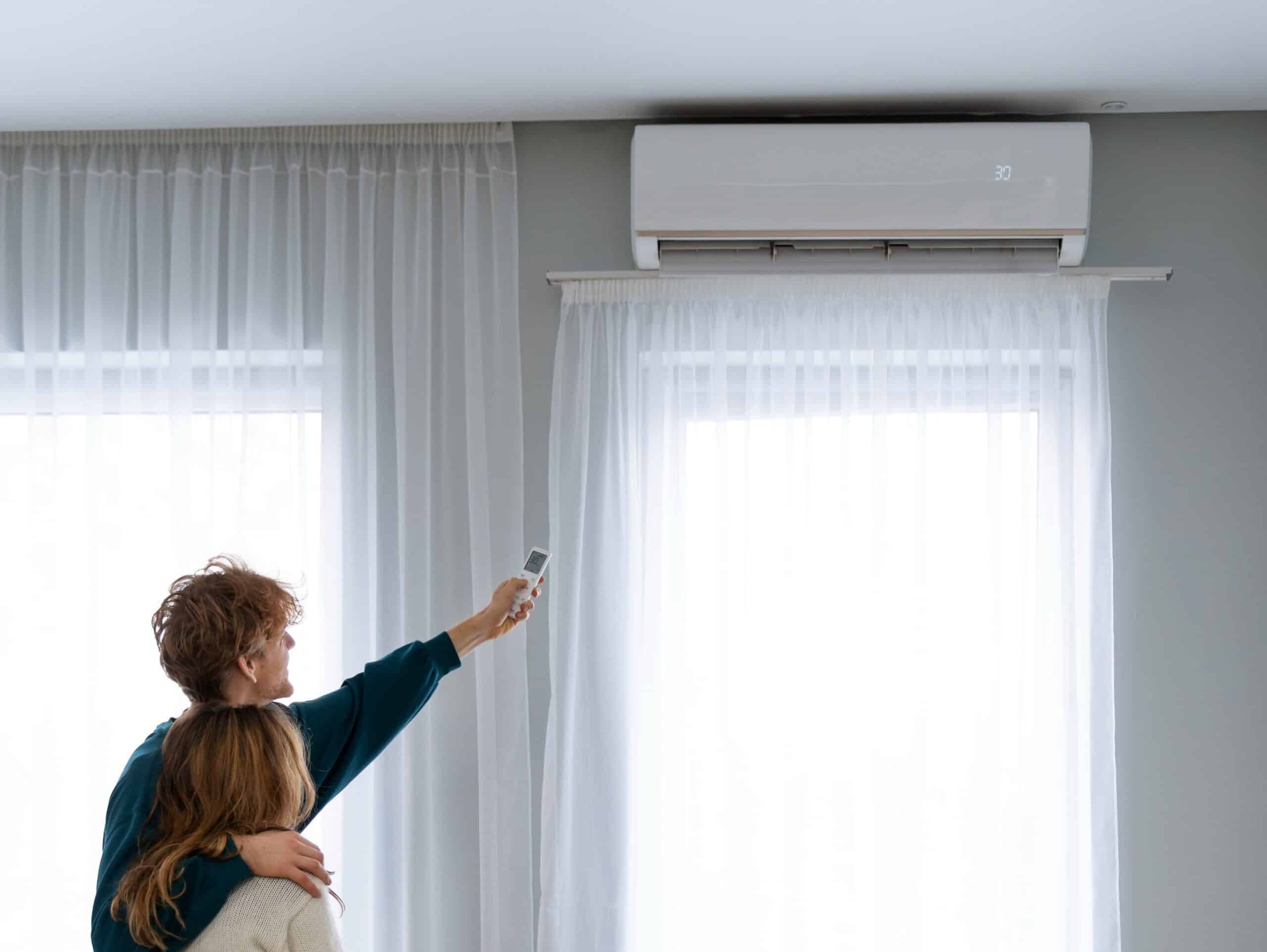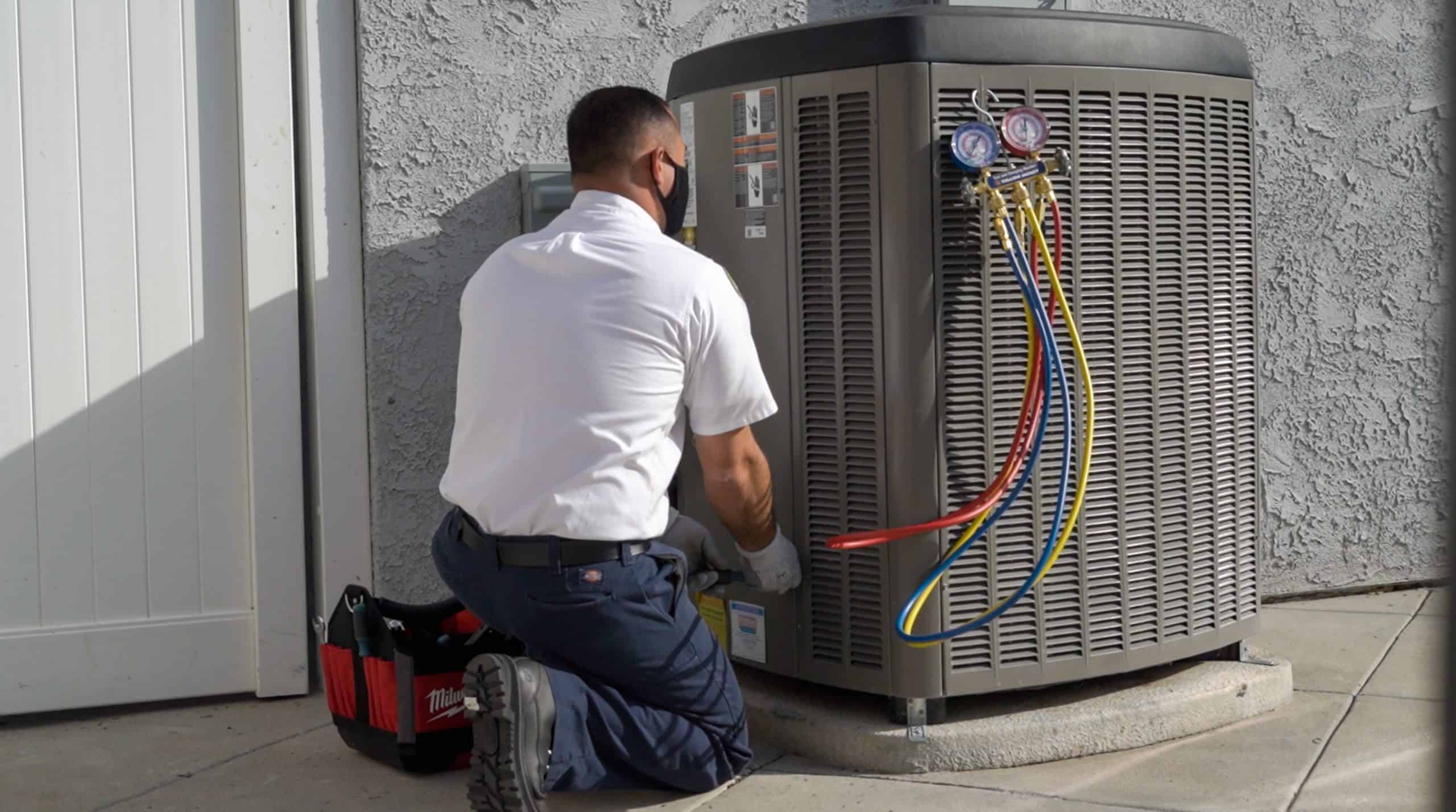Energy-Efficient Heating And Cooling Systems to Conserve on Utility Costs
As energy prices proceed to rise, the significance of energy-efficient cooling and heating systems becomes increasingly noticeable. These systems not just assure substantial savings on utility costs however likewise contribute to a much more sustainable future by decreasing power consumption. With different options offered, consisting of geothermal heatpump and ductless mini-splits, homeowner deal with a wide variety of options that can enhance convenience and air high quality. Understanding the crucial functions and maintenance demands is crucial to taking full advantage of these advantages. What aspects should be focused on when picking the ideal system for your needs?
Benefits of Energy-Efficient HVAC Equipments
Energy-efficient cooling and heating systems offer countless advantages that extend beyond mere price savings. One considerable advantage is the minimized environmental influence. By consuming less energy, these systems contribute to reduce greenhouse gas exhausts, aiding to combat environment change and advertise sustainability. This aligns with enhancing societal needs for eco-friendly techniques in domestic and business settings.
Additionally, energy-efficient cooling and heating systems commonly give enhanced comfort degrees. A lot of these systems include advanced technology that allows for far better temperature level control and improved air quality (DMAKS HVAC). This brings about a healthier interior setting, which is specifically important for people with allergic reactions or respiratory system problems
In addition, spending in energy-efficient a/c systems can enhance residential or commercial property worth. As even more customers prioritize energy performance, homes and structures furnished with these systems may draw in greater quotes in the property market.
Sorts Of Energy-Efficient Cooling And Heating Options
Just how can home owners and services pick the most suitable energy-efficient a/c options for their demands? The marketplace provides a selection of energy-efficient a/c systems, each created to enhance convenience while minimizing energy consumption.
One alternative is the variable cooling agent circulation (VRF) system, which effectively manages the temperature in multiple zones within a building. This system adapts its cooling agent circulation to match the preferred temperature level, causing substantial power financial savings.
Another prominent selection is geothermal warmth pumps, which use the planet's steady temperature level to warm and great spaces. By transferring warmth to and from the ground, these systems show outstanding performance, specifically in modest climates.
In addition, ductless mini-split systems offer an energy-efficient alternative for homes doing not have ductwork. These systems enable for zone-specific heating and air conditioning, lowering power waste in unoccupied areas.
Finally, high-efficiency heaters and a/c, with sophisticated SEER and AFUE scores, use trusted environment control while eating much less power than traditional designs. By examining these choices, house owners and services can select a heating and cooling system tailored to their particular needs and energy performance objectives.
Key Attributes to Take Into Consideration

Next, investigate the kind of compressor made use of in the system. DMAKS HVAC. Variable-speed compressors can adjust their result to match the home heating or cooling need, bring about enhanced comfort and energy cost savings contrasted to single-speed designs. Additionally, try to find systems outfitted with clever thermostats that provide programmable settings and remote access, enabling for much better control over energy intake
One more important function is the system's air filtering capacity. High-efficiency filters can boost indoor air quality and decrease energy intake by ensuring the system runs efficiently. Think about the type of cooling agent utilized; modern systems frequently employ eco-friendly refrigerants that have a lower ecological influence.
Finally, ensure that the system is compatible with zoning modern technology, which permits personalized temperature control in different locations of your home, enhancing convenience while lessening energy use.
Tips for Picking the Right System


Following, think about power effectiveness ratings, particularly the Seasonal Energy Performance Proportion (SEER) for cooling down systems and the Yearly Fuel Usage article source Efficiency (AFUE) for heating systems. Higher rankings suggest higher effectiveness, which can result in significant financial savings on energy bills over time.
In addition, examine the kind of HVAC system that finest suits your way of living and budget plan. Options consist of air conditioning, ductless mini-splits, and warmth pumps, each with its very own set of benefits and drawbacks.
Do not neglect the importance of appropriate installation and sizing; an inaccurately sized system can cause inefficiencies and boosted This Site wear. Seek advice from with an expert Cooling and heating professional to get professional suggestions customized to your home's distinct needs. This comprehensive strategy will ensure that you select an energy-efficient a/c system that meets your needs and budget plan successfully.
Upkeep for Optimum Performance
When the right a/c system is in location, ongoing upkeep becomes crucial to ensuring optimal performance and durability. A well-kept system runs extra successfully, causing reduced power consumption and lowered energy expenses. Regular inspections and tune-ups ought to be scheduled at the very least twice a year-- when prior to the air conditioning period and as soon as prior to the home heating season.

Property owners need to likewise be alert about checking their heating and cooling system's efficiency. Unusual sounds, fluctuating temperature levels, or increased power bills can suggest underlying concerns Learn More Here that need prompt attention. By attending to these concerns immediately, homeowners can prevent expensive fixings and extend the life expectancy of their systems.
Spending in a maintenance strategy with a certified technician not only boosts efficiency however additionally offers comfort, recognizing that the system is operating at its finest. DMAKS HVAC. Normal maintenance is for that reason necessary for maintaining energy efficiency and minimizing total operational expenses
Verdict
Finally, energy-efficient a/c systems offer a viable service for minimizing energy costs while enhancing comfort and air quality. By integrating sophisticated modern technologies and alternatives such as geothermal heatpump and ductless mini-splits, homeowner can achieve significant energy savings and contribute to environmental sustainability. Careful consideration of system features and ongoing maintenance further ensures optimal performance, making energy-efficient systems a prudent investment for both financial and ecological benefits.